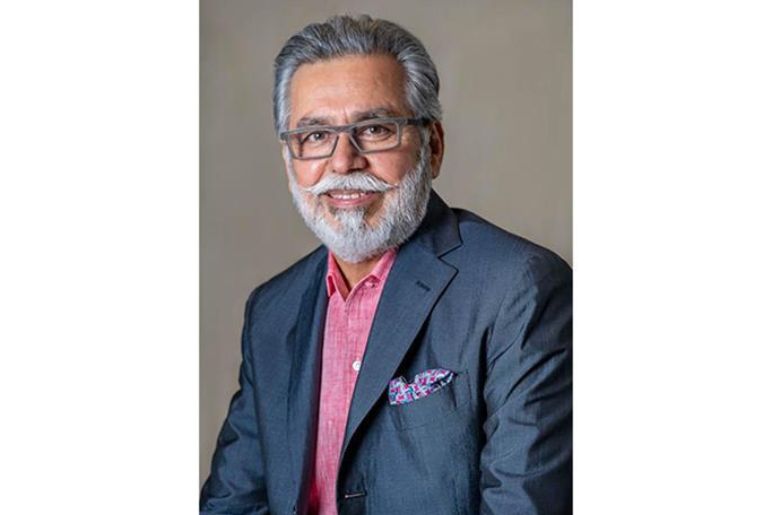Hero MotoCorp is now considering international business and electric vehicles as significant long-term revenue generators, building on the solid ICE business that the company has established in the home market.
“I see significant growth potential in segments such as Global Business and Electric Mobility. Despite fluctuations in the global economy, these areas are poised to become strong, key revenue drivers in the long term,” Hero MotoCorp Executive Chairman Pawan Munjal told shareholders in the annual report.
Hero MotorCorp has ample room to grow its company, unlike Bajaj Auto, one of its rivals, with a low single digit export revenue portion of total revenue. With operations in 48 nations, the company’s revenue in the fiscal year 2024 was Rs 37,456 crore, or 3.9% of its total income.
It noted that its strategic efforts stood when the global two-wheeler industry faced challenges, particularly in Nigeria, and South Asia and Africa. “Recognising the dynamic shifts in the market landscape, we strategically increased investments in brand building, network expansion, and customer engagement across our top 10 markets,” the company said.
Hero MotoCorp established a new company in Brazil during the preceding fiscal year with the intention of investing in the production and marketing of two-wheelers, as well as components and accessories.
The Philippines, with an industry volume of 2.25 million units, represents a huge opportunity in the region, therefore entering the country constituted a significant milestone in its Southeast Asia export plan. The business is also looking for new opportunities in other significant Southeast Asian markets.
In Nepal, the automaker opened a new assembly facility with its distributor partner CG Group, while in Bangladesh, the company is focusing on penetrating the premium segment and expanding its core segment.
Hero MotoCorp’s market share in exports from India increased to 5.8% from 4.7% during 2023-24. The automaker exported 2 lakh units during the year, up from 1.7 lakh units in 2022-23. The company launched 12 new and refreshed products in the International Market last year.
“Through our revitalised efforts in global business, we have achieved promising outcomes. With a renewed strategic focus, we anticipate an upward trajectory in the share of global sales contribution to our overall revenues,” Munjal said.
Meanwhile, Hero MotoCorp is gradually scaling up its electric vehicle business in India by expanding the presence of its products and improving the charging infrastructure in partnership with Ather Energy.
The company offers its electric two-wheelers under the Vida brand. Its electric vehicle portfolio currently has only one product- V1 which comes at a starting ex-showroom price of around Rs 1 lakh now. V1 is now available across 100 cities and 150 dealers.
“I am particularly pleased to witness VIDA V1’s rise as one of the leading electric scooters in India, and I anticipate its future launch in global markets, where it is poised to become a significant player as well,” Munjal said.
Hero MotoCorp is planning for a portfolio of four models by the end of this financial year as it looks to grab a larger pie of the electric vehicle market. The portfolio is likely to include two new electric scooters at lower price points, one business-to-business product for last mile connectivity business and a refreshed model of V1.
“We want to build leadership in electric vehicles, and in order to do that, we will be creating a very powerful EV product portfolio, augmenting the VIDA V1 Pro that we have today,” Chief Executive Officer Niranjan Gupta said.
In the coming five years, the automaker is expected to launch over a dozen models across different segments and price points. The company also intends to have a portfolio of six electric motorcycles under the Vida range and another four motorcycles under its alliance with Zero Motors starting from 2025-26.
Hero MotoCorp is also working with Ather Energy, in which it has around 44% stake, to improve the electric vehicle ecosystem in the country. They have set up close to 2,000 fast-charging points across 200 cities in India.


